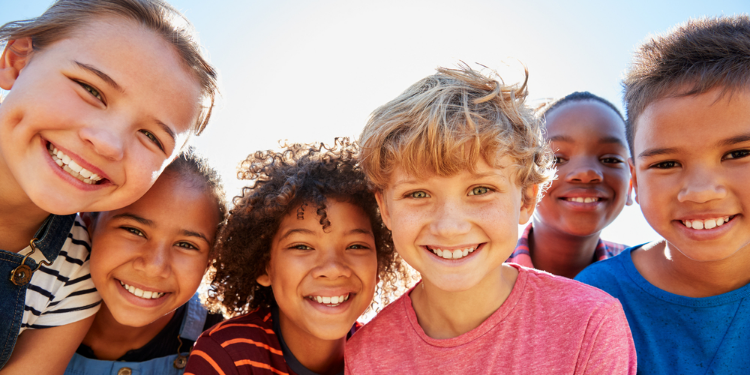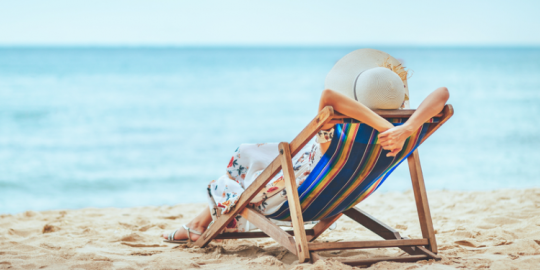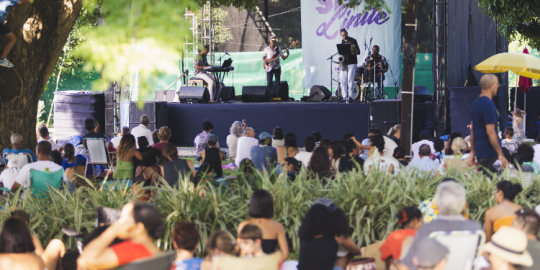Norway

Having signed the United Nations Convention for the Protection of the Rights of the Child, Norway gives vital importance to families, especially moms and children. In general, families can rely on financial support from the goverment from the moment the child is born until they grow up. For example, parents are eligible for parental leave until the child reaches the age of three, the first year being paid by the Norwegian Labour and Welfare Service. Between age 1 and 2, children are eligible for financial benefits provided they have not been enroled in a State-funded childcare service. Nationals from the European Economic Area (EEA) working in Norway are also eligible for these financial aids under certain conditions while their family is in their home country. Once the birth has been recorded at the National Register, parents can also claim family benefits until the child reaches the age of 18. Furthermore, parents who have chosen to adopt a child receive a parental allowance if they have been working for at least six months during the past ten months. Also, schooling in Norway is compulsory for all children between 6 and 15 years old.
Iceland

Iceland can boast of its high birth rate of 13.70% in 2017. Children are entitled to excellent health care right from their birth, with medical staff trained to make sure that they are not suffering from any abuse, neglect, or disease. Since Iceland truly values children rights, parents receive parenting training before the birth. Teenagers are also familiarised with parenting practices quite early. Considered as a universal right, education is compulsory in Iceland for children aged between 7 and 16. Furthermore, parents are legally responsible for taking care of their children, paying attention to them, showing respect, and meeting their needs. For example, any decision regarding the child's life or future has to be made following discussion with the latter. Parents are also expected to give importance to their children's position and views depending on their age and level of maturity. On the other hand, children under 12 are not allowed to go out after 8 pm unless they are accompanied by an adult. It's also worth noting that child bullying in Iceland is a serious issue which has led many schools to set up preventive strategies and measures.
Portugal

Recent criticism has led Portugal to place more emphasis on children's rights and access to education. Today, Portugal is seen as one of the world's best countries to start a family for various reasons, including the warm climate, the quality of living, the affordable cost of living, as well as quality healthcare and education. In the Portuguese culture, family is important, which is why parents and grandparents tend to overprotect children. Regarding education, state-funded public schools are free of charge, even for expats. Parents can, therefore, enrol their children in the closest school to their home or workplace. Note that schooling is compulsory for all children aged between 6 and 18. Since Portugal is a safe country with a pleasant climate, children can enjoy the outdoors and a wide range of activities In Lisbon, kids aged 4 to 12 are entitled to a 50% discount on train tickets, while those younger than four years old travel free of charge. Young children also have free access to museums.
Spain

You might believe that Spain only attracts foreign retirees, but that's just partly correct. Thanks to measures and facilities set up for children from their birth, Spain has become an ideal place to raise kids. In fact, the universal public healthcare system comprises prenatal and postnatal care. Furthermore, moms are eligible for 16 weeks of maternity leave not to mention a daily one extra hour off during working days for the first nine months to take care of their newborn. Dads in Spain also benefit from 13 days of paternity leave and well as their spouse's remaining parental leave in case those have not been taken. Regarding education in Spain, schooling is compulsory for all children aged between 3 and 16. Enrolment in public schools depends on various criteria such as proximity of the school with the child's home and parents' workplace, the child's health, and family income. In general, Spain is a safe and welcoming country where children and families find it easy to adapt. Do not be surprised to see kids with their parents at late-night house parties, restaurants, and even bars. In Spain, children enjoy greater freedom, whether it's going alone to the local grocery shop or participating in firework shows.
Switzerland

Even though Switzerland is one of the world's most expensive countries, it's also one of the world's best countries to raise kids. While being a safe country, Switzerland is also famous for its unparalleled quality of living, high-level education, and excellent healthcare including prenatal and postnatal care and breastfeeding advice. Moms in Switzerland can enjoy 14 weeks of fully paid maternity leave to take care of their newborn. Regarding education, once a family has registered with local authorities, children are automatically entitled to a seat in the nearest public school. Also, schooling in Switzerland is compulsory for 11 years starting from the age of 4. Furthermore, many schools provide a warm meal and childcare services for children during the two-hour lunch break. Most of them also offer support for working parents, taking into account children's well-being.
Sources :
- KidsRights Index 2018 : https://www.kidsrightsindex.org/
















